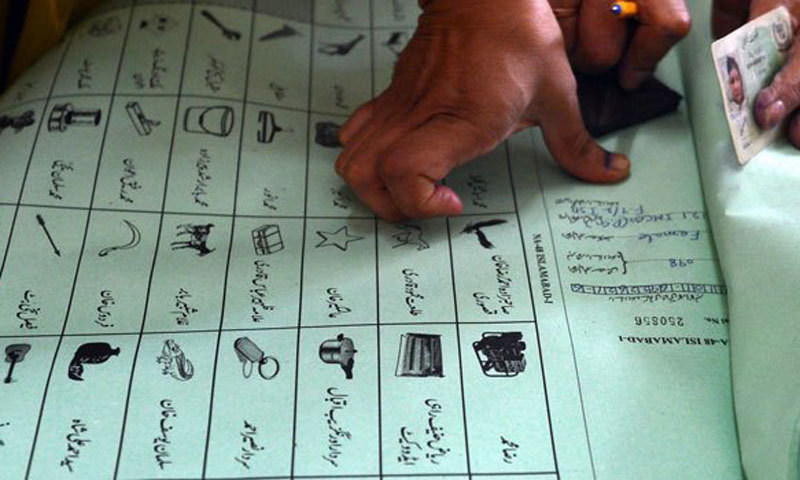Parishay Fatima Awan
A Double-Edged Sword
The recent surge in remittances to Pakistan, reaching a four-month high of $3.05 billion in October 2024, is undoubtedly a positive development. This uptick can be attributed to several factors, including improved economic conditions and the relaxation of certain regulations. However, it’s crucial to analyze the underlying causes and potential long-term implications.
The Role of Policy and Governance
One key factor contributing to the rise in remittances is the shift in economic policies following the IMF agreement in June 2023. The previous policy of artificially maintaining a high exchange rate had a detrimental impact on remittance inflows. By abandoning this flawed approach and adopting more market-oriented policies, the government has created a more conducive environment for remittances.
However, it is essential to acknowledge that the appointment of key economic policymakers, particularly the SBP Governor, played a significant role in implementing these policies. The autonomy granted to the SBP under the 2022 Act provided the necessary framework for independent decision-making, allowing the central bank to prioritize stability and sustainable economic growth.
The Need for Institutional Reform
While the recent uptick in remittances is encouraging, it is crucial to address the underlying systemic issues that have plagued Pakistan’s economy for decades. One such issue is the lack of effective implementation of policies and reforms. For instance, the delay in implementing the electricity market reforms, which were approved in 2014, highlights the government’s inability to execute timely and decisive actions.
Moreover, the government’s approach to privatization has been inconsistent and often lacks transparency. The privatization of K-Electric, for example, has raised concerns about the long-term benefits to the economy. To attract foreign direct investment, it is essential to create a conducive business environment that is transparent, efficient, and predictable.
Balancing Domestic and Foreign Investment
While attracting foreign investment is a laudable goal, it is equally important to nurture domestic investment. Extending special incentives to foreign investors at the expense of domestic businesses can have negative consequences. The government should focus on creating a level playing field for all investors, both domestic and foreign, and provide incentives that are equitable and sustainable.
Addressing Security Challenges
The persistent threat of terrorism remains a significant challenge for Pakistan’s economy. While the government has made efforts to combat terrorism, more needs to be done to ensure lasting peace and security. A comprehensive and coordinated approach is required to address the root causes of terrorism, including poverty, inequality, and extremism.














